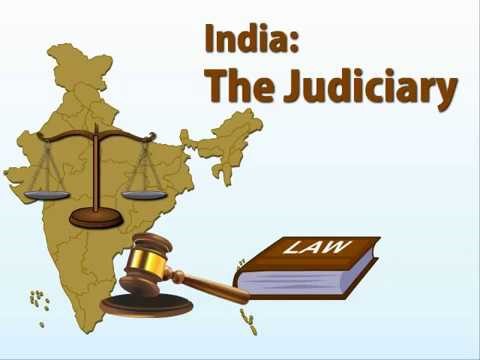Judiciary Accountability: Role of Judges and Constitution
Judiciary Accountability: Role of Judges and Constitution
Why in the News ?
The Vice-President of India recently raised concerns about judicial accountability, questioning judges’ power over legislative matters and their adherence to the rule of law, prompting a critical examination of judicial independence and constitutional limits.
About Judiciary’s Accountability in Constitutional Framework:
- Judicial powers are vested in the Constitution, ensuring independence.
- Judges are bound to work within constitutional limits, with removal possible for violations or misbehaviour.
- Article 50 and the separation of powers ensure judges stay within their jurisdiction.
Role of the Vice-President’s Statement
- The Vice-President’s remark about judges as a “super parliament” is unfounded.
- Parliament is the supreme body, representing popular sovereignty, not the judiciary.
- Judges have a constitutional duty to follow the separation of powers, and their decisions do not override the legislature.
Judicial Review and Law of the Land
- The judiciary is subject to constitutional accountability, and the rule of law applies to judges.
- Parliament can override judicial decisions by making new laws.
- Article 142 empowers the Supreme Court to deliver complete justice, even without specific constitutional provisions.




